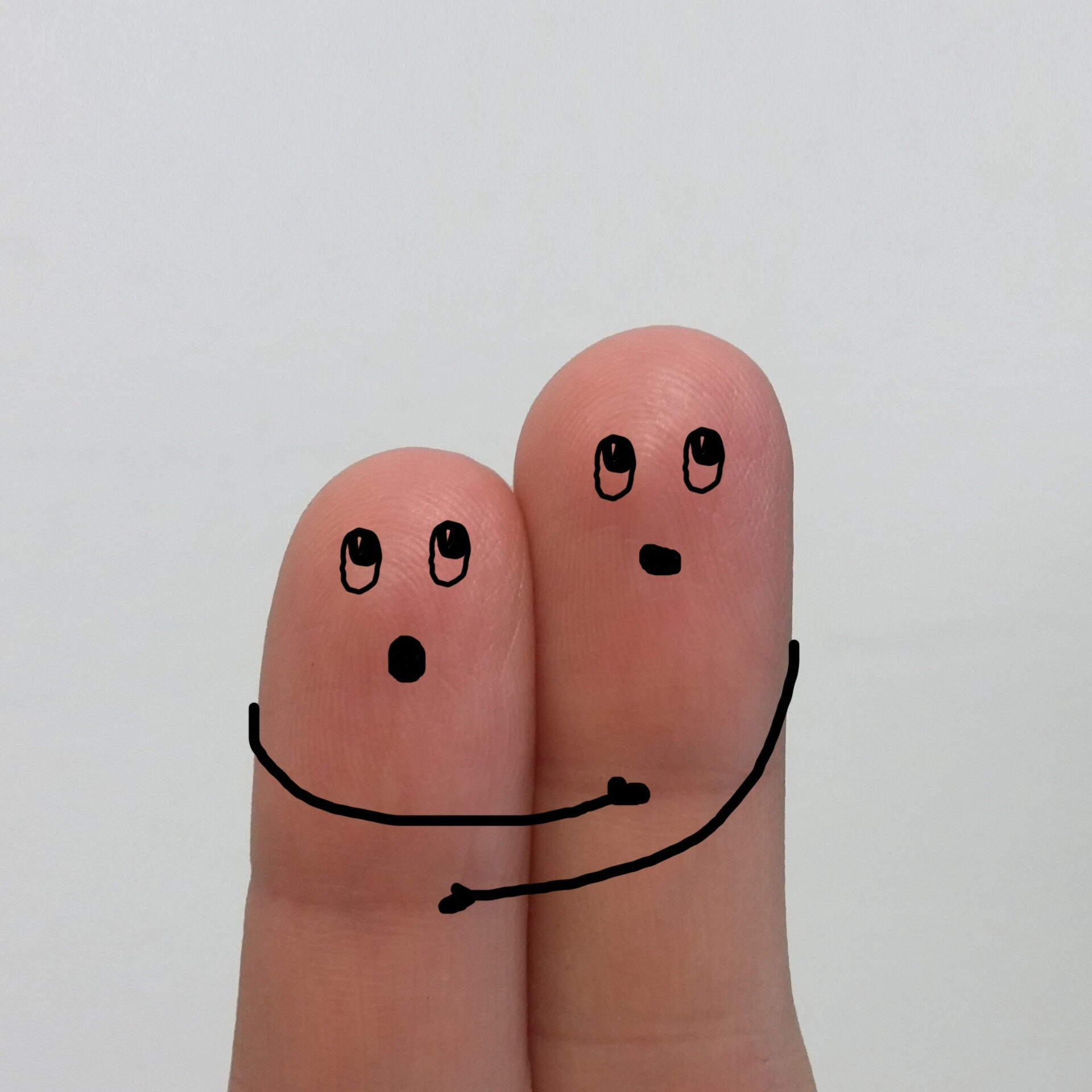[vifblike]
As a hypnotherapist, the function of the brain is critical to my work. The knowledge is shared with my clients to help them understand how anxiety is created and the role played by the primate brain – the limbic system. This part of the brain is designed to protect us (irrespective if the coping strategy is inappropriate). When it gains control, it perceives threats everywhere, such as going shopping, taking the children to school, a social event – activities others seem to take in their stride, which further adds to your anxiety of ‘why is this so hard for me?’
During this state, we release high levels of cortisol resulting in that feeling of ‘being on edge’ all the time. The persistent production of cortisol resulting is associated with number of physical conditions including IBS and cardio-vascular conditions. To halt this over-production of cortisol, our perception of the world must be changed.
This does not need to be as hard as it sounds and nor is it about pretending everything is okay. Rather, accept and acknowledge that it is having an impact upon you. Only then are you able to question the value of the emotion/thought or behaviour then actively choosing to think of a positively framed outcome. This in turn allows your solution focused brain to visualise another option and when practised over a period of time, can lead to behaviour and emotional change.
There are other tools that can help, including an anchoring technique. A simple way to understand this is when you hear a song and automatically recall a happy memory and it makes you smile. Music or having a ‘bank’ of happy memories can help you reduce your cortisol levels and release happier chemical responses. By implementing these simple changes, you learn to manage your anxiety. If you continue to struggle – seek advice from your GP or alternatively, hypnotherapy is an effective tool to implement change naturally.

Originally published in Stonesthrow Publications




